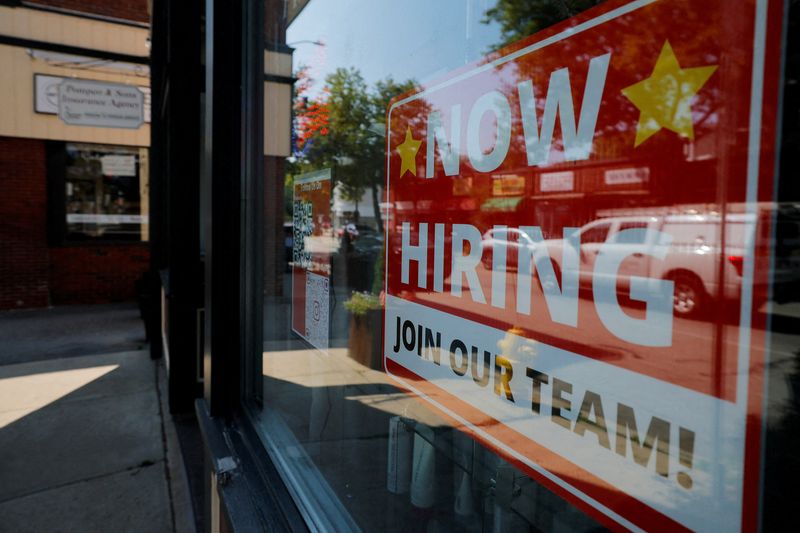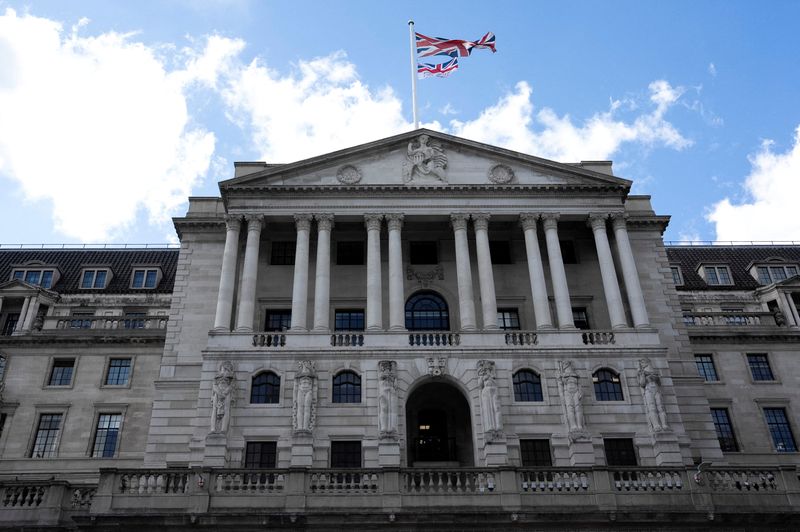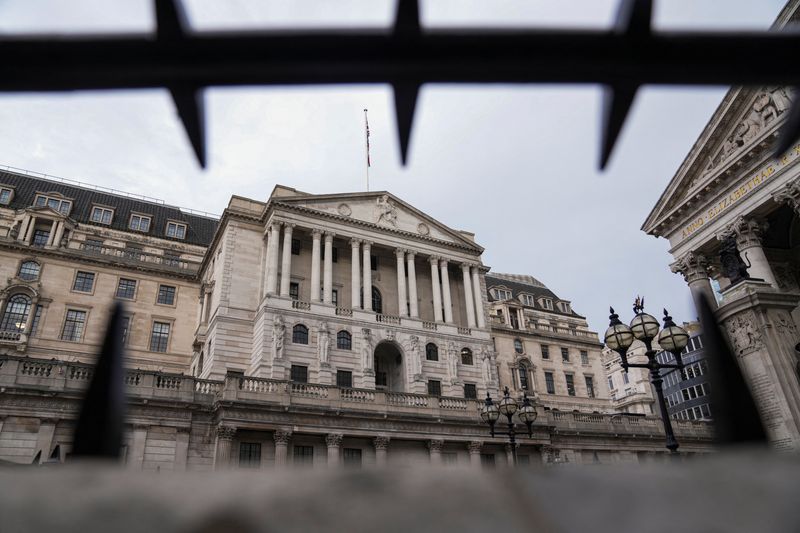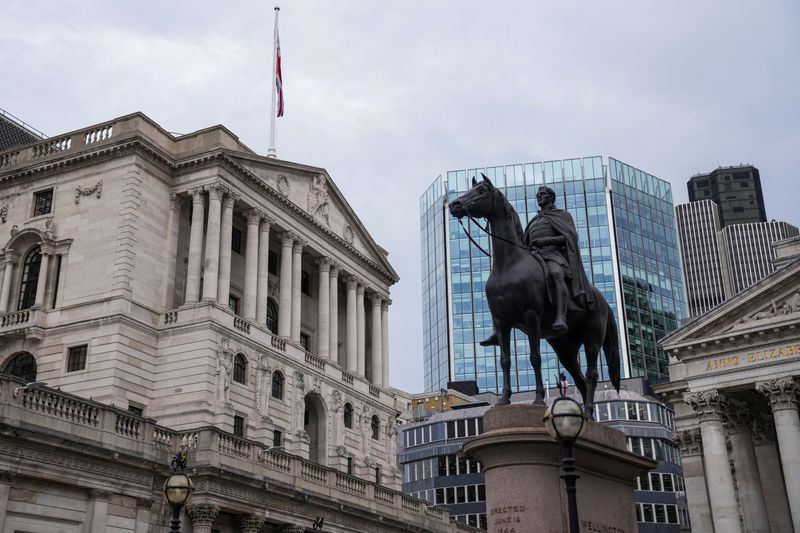US unemployment rate rounds up to 4.4% in October, Chicago Fed estimates
NeutralFinancial Markets

US unemployment rate rounds up to 4.4% in October, Chicago Fed estimates
In October, the US unemployment rate has risen to 4.4%, according to estimates from the Chicago Fed. This increase is significant as it reflects ongoing challenges in the job market, which can impact consumer spending and overall economic growth. Understanding these trends is crucial for policymakers and businesses as they navigate the current economic landscape.
— via World Pulse Now AI Editorial System







